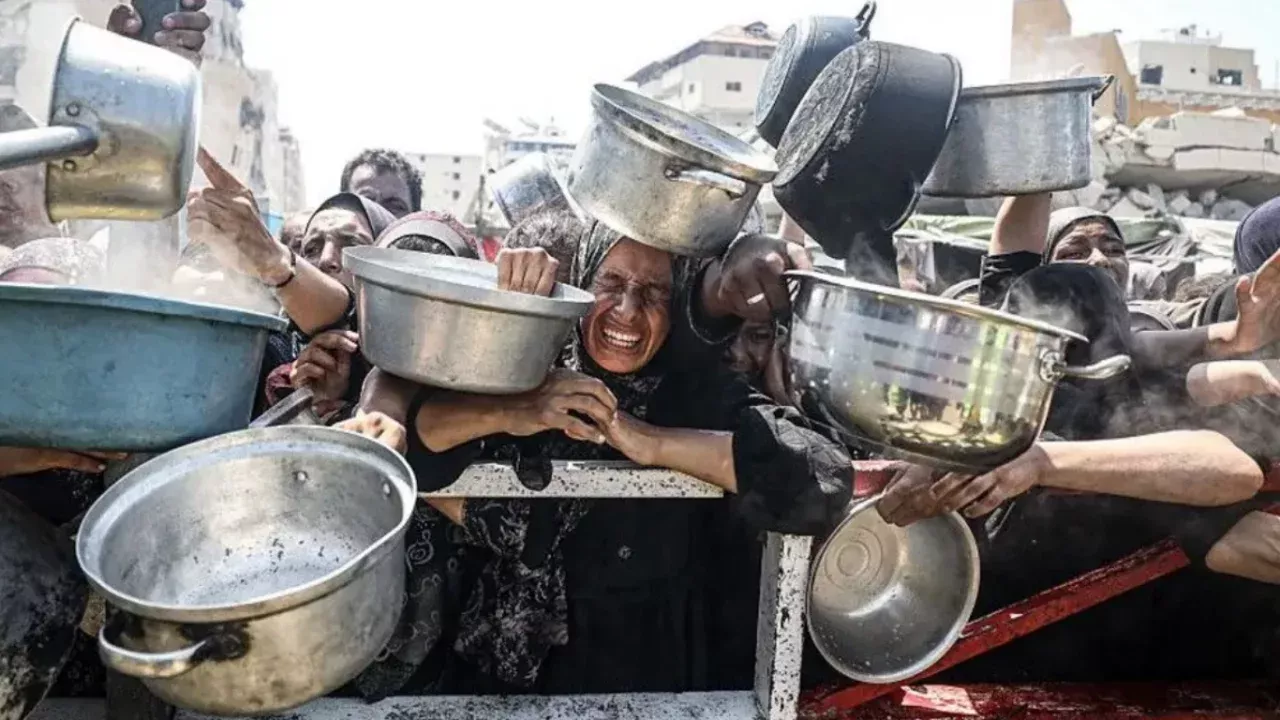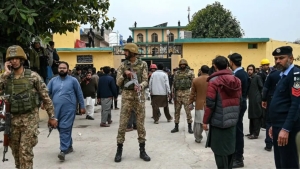The risk of strikes and hunger is increasing in Gaza

The situation in Gaza continues to be critical. This was reported by Zamin.uz.
According to local health authorities, at least twenty-one people were killed in strikes carried out by Israel on the night of July 22 and the morning of July 23. Most of the deceased are women and children.
At the same time, more than a hundred charity and human rights organizations have stated that the population of Gaza is at risk of hunger due to Israel's blockade and military operations. According to the World Health Organization (WHO), food shortages and cases of malnutrition are sharply increasing in Gaza.
In particular, serious nutritional disorders are observed among children and pregnant women. According to WHO representative Rik Peeperkorn, more than 30,000 children under the age of five are suffering from severe nutritional problems.
The Israeli government emphasizes that it has reduced restrictions on food and aid deliveries and has reported that four thousand four hundred trucks have entered Gaza since May. However, the UN and other international organizations state that this figure is insufficient, indicating that at least five hundred to six hundred trucks are needed daily.
Diplomats are also actively working. The U.S. Special Representative for the Middle East, Steve Vitkoff, is conducting peace negotiations with representatives of Israel and Palestine.
During the negotiations, issues such as ceasefire, the release of detainees, and the establishment of conditions for lasting peace are being discussed. The dire situation of the people in Gaza demands the attention of the international community.







